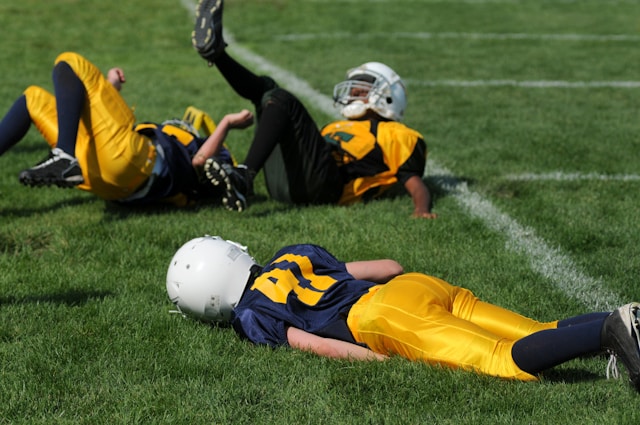
Concussions, often referred to as mild traumatic brain injuries (mTBI), are a common occurrence in Canada, affecting individuals of all ages and backgrounds. Recognizing the importance of prompt and effective treatment, healthcare providers across the country offer a range of options to support individuals on their journey to recovery. Let’s explore some of the treatment options available for concussions in Canada and how they are helping patients regain their health and well-being.
Multidisciplinary Approach to Care:
One of the hallmarks of concussion treatment in Canada is its multidisciplinary approach, which involves collaboration among various healthcare professionals to address the complex needs of individuals with concussions. This team-based approach may include:
- Primary Care Physicians: Family doctors and general practitioners play a crucial role in diagnosing concussions, managing symptoms, and coordinating care with other specialists as needed.
- Neurologists: Neurologists specialize in the diagnosis and treatment of conditions affecting the brain and nervous system, including concussions. They may conduct specialized assessments and provide recommendations for management and follow-up care.
- Neuropsychologists: Neuropsychologists assess cognitive function and identify areas of impairment following a concussion. They may develop personalized rehabilitation programs to address cognitive deficits and support cognitive recovery.
- Physiotherapists and Occupational Therapists: Physiotherapists and occupational therapists focus on physical and functional rehabilitation, helping individuals regain strength, balance, coordination, and mobility after a concussion.
- Speech-Language Pathologists: Speech-language pathologists assess and treat communication and swallowing difficulties that may arise following a concussion, such as speech impairment, language processing problems, and swallowing disorders.
- Psychologists and Psychiatrists: Mental health professionals provide support and counseling to individuals experiencing emotional and psychological challenges related to their concussion, such as anxiety, depression, and post-concussion syndrome.
Rest and Gradual Return to Activity:
Rest is a cornerstone of concussion management in the acute phase following injury, allowing the brain to heal and recover from the initial trauma. Healthcare providers typically recommend a period of cognitive and physical rest, which may involve limiting activities such as screen time, reading, and physical exertion.
As symptoms improve, a gradual return to activity protocol may be initiated under the guidance of a healthcare provider. This step-by-step approach involves gradually reintroducing cognitive and physical activities, monitoring symptoms, and adjusting the level of exertion as tolerated. The goal is to promote recovery while minimizing the risk of symptom exacerbation or re-injury.
Medications and Symptom Management:
In some cases, medications may be prescribed to manage specific symptoms associated with concussion, such as headaches, nausea, dizziness, or sleep disturbances. Commonly used medications may include pain relievers, anti-nausea medications, vestibular suppressants, and sleep aids. It’s essential for healthcare providers to carefully assess each individual’s symptoms and medical history to determine the most appropriate treatment approach.
Cognitive Rehabilitation and Neuropsychological Intervention:
Cognitive rehabilitation programs and neuropsychological interventions are tailored to address cognitive deficits and challenges that may persist following a concussion. These interventions may include cognitive training exercises, memory strategies, attention-building activities, and problem-solving skills training. Neuropsychological assessments can help identify areas of cognitive impairment and guide the development of targeted interventions to support cognitive recovery and functional independence.
Community Support and Education:
Community-based support groups and educational programs play a vital role in supporting individuals with concussions and their families throughout the recovery process. These resources provide a forum for individuals to share experiences, learn coping strategies, and access valuable information about concussion management and recovery. Community organizations, advocacy groups, and healthcare facilities often collaborate to offer workshops, seminars, and peer support networks to empower individuals and promote resilience during their concussion recovery journey.
Conclusion:
Concussion treatment in Canada emphasizes a holistic and patient-centered approach, focusing on comprehensive assessment, personalized rehabilitation, and multidisciplinary care coordination. By combining rest, gradual return to activity, symptom management, cognitive rehabilitation, and community support, healthcare providers strive to optimize outcomes and support individuals in their journey to recovery following a concussion. With ongoing research, innovation, and collaboration, the landscape of concussion treatment continues to evolve, offering hope and healing to individuals across Canada affected by this common yet often misunderstood injury.
